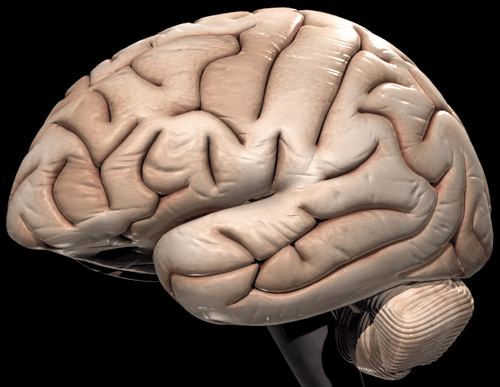Language delays can be predicted by early gesturing in brain-injured kids
 A new study has claimed that brain-injured children may use gesture to signal they need help in developing language.
A new study has claimed that brain-injured children may use gesture to signal they need help in developing language.
The study looked at gestures such as pointing or waving goodbye in 11 18-month-olds as a way of predicting later vocabulary delays.
Gesture was considered by the researchers because recent studies have found it to be a good predictor of later language abilities in typically developing children. The children's language comprehension was tested when they were 30 months old.
It was found by the researchers that gesturing at 18 months (but not early speech) predicted which children with lesions had vocabulary delays a year later. The results suggest that gesture may be a tool for diagnosing persistent language delay in children with brain lesions.
These findings have both diagnostic and therapeutic implications, according to the authors of the study, Susan C. Levine, Stella M. Rowley Professor of Psychology, and Susan Goldin-Meadow, Beardsley Ruml Distinguished Service Professor, both in the Department of Psychology, Comparative Human Development, and the Committee on Education at the University of Chicago.
"Gesture may be a promising diagnostic tool for identifying those children with pre- or perinatal brain lesions whose language delays are likely to persist at a time when they are saying very little. Early identification may be useful because intervention early in development may be critical to successful remediation of language delay," Levine said.
"The fact that gesture predicts later language delay raises the possibility that gesture itself may be an effective intervention encouraging children with lesions to gesture in the first 18 months of life may improve their spoken vocabulary years later," Goldin-Meadow further adds. (With Inputs from Agencies)